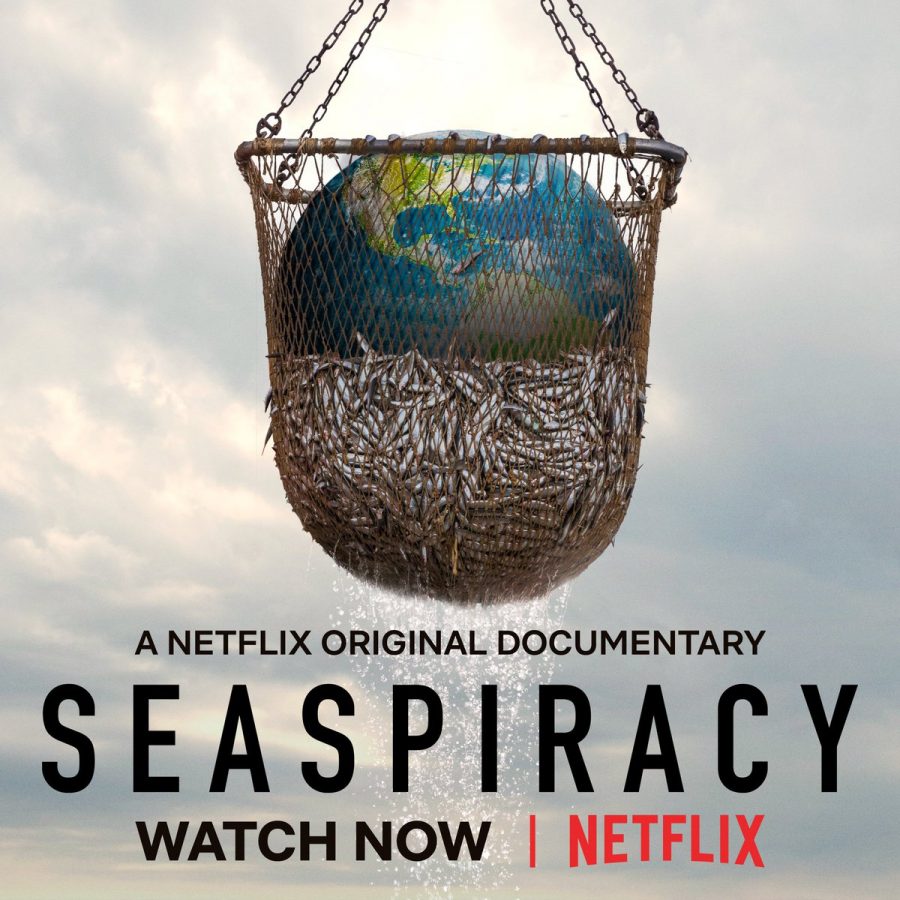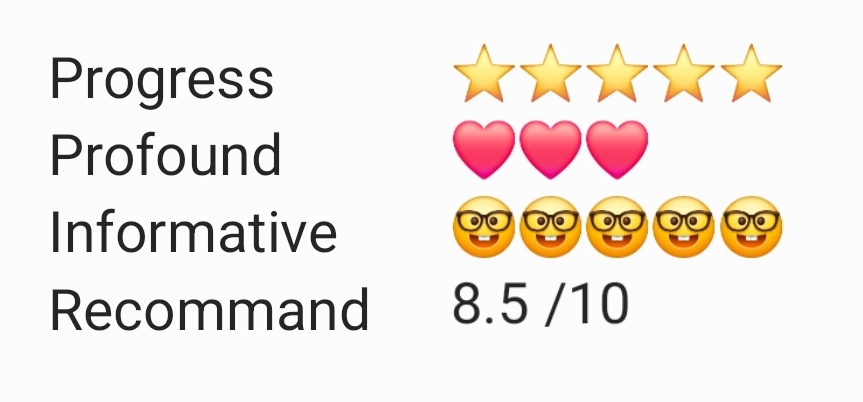
Seaspiracy is a 2021 documentary directed by Ali Tabrizi that examines the environmental impact of commercial fishing on the world’s oceans.
Through a personal journey of investigation, Tabrizi uncovers the devastating effects of industrialized fishing on marine life, the ecosystems that rely on them, and the overall health of the oceans.
The documentary begins with Tabrizi’s initial goal to explore the problem of plastic pollution in the oceans. However, as he delves deeper into his research, he uncovers a much larger, more complex issue: the global fishing industry.
Tabrizi reveals how overfishing, illegal fishing practices, and government subsidies for the fishing industry are contributing to the depletion of fish populations, destruction of marine ecosystems, and the decimation of coral reefs.
He also highlights the human cost, including the exploitation of workers in the fishing industry, often in dangerous and abusive conditions.
One of the most powerful aspects of Seaspiracy is its examination of the popular but misleading narrative that sustainable fishing practices or certifications, like those from the Marine Stewardship Council (MSC), can effectively address the crisis.
Tabrizi interviews various experts, conservationists, and activists who argue that these certifications are often ineffective and fail to prevent the harm caused by overfishing.
He also delves into the role of the seafood industry in perpetuating these myths, noting how powerful organizations and lobbying groups work to influence public perception and policy, despite the overwhelming evidence of the industry’s negative impact on the environment.
The documentary also investigates the role of certain conservation organizations, such as the World Wildlife Fund (WWF), which has been accused of partnering with the fishing industry and not fully advocating for the protection of marine life.
Seaspiracy raises questions about the integrity of organizations that are supposed to be working for ocean conservation, arguing that their corporate partnerships may be compromising their mission.
Throughout the film, Tabrizi emphasizes the importance of changing consumer behavior, urging viewers to reconsider their consumption of seafood. He highlights plant-based alternatives as a way forward, promoting sustainable and ethical choices to reduce the demand for fishing and the harm it causes to the oceans. Tabrizi also explores how larger systemic changes, including policy reforms and international cooperation, are needed to protect marine life on a global scale.
Seaspiracy concludes with a call to action, urging people to rethink their relationship with the oceans and the impact their food choices have on the environment.
While the documentary is undeniably controversial, with some critics questioning its approach and accuracy, it has sparked widespread conversation and debate about the environmental impact of the fishing industry and has encouraged many to adopt a more sustainable lifestyle.
Overall, Seaspiracy is a powerful, eye-opening documentary that raises crucial questions about the environmental destruction caused by commercial fishing and challenges viewers to confront the realities of the industry.
My boyfriend and I also watched this during the weekend when we were both so sick.
We found it shocking… the footage is pretty intense, and I ended up crying at the end because of the animal suffering. We also immediately noticed that there was once again an interview that was brutally cut short when the questions became too confronting, just like in What The Health. This documentary has also contributed to our (as much as possible) vegan diet. And to feel like I can make a difference, I’ve also become a donor to Sea Shepherd (Donate here!).
It sure is an eye opening movie…
